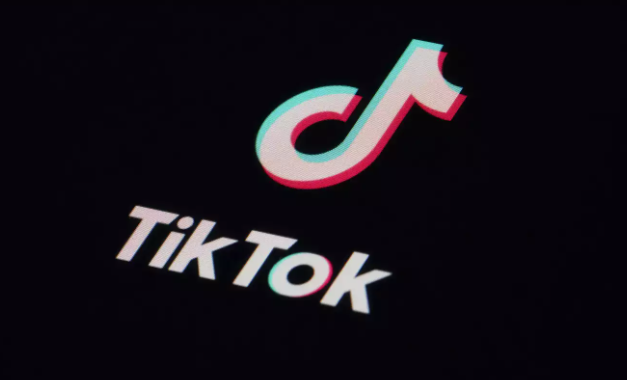US Passes Bill to Ban TikTok
On March 13, 2024, the United States House of Representatives overwhelmingly passed a bill that could potentially lead to the banning of the popular social media platform TikTok in the country. The bill, which received strong bipartisan support with a vote of 352 to 65 in favor, now heads to the Senate, where its future remains uncertain. President Joe Biden has pledged to sign the bill into law if it reaches his desk.
Concerns Over Chinese Ownership
The legislation stems from growing concerns that TikTok’s Chinese owner, ByteDance, may be beholden to the Chinese government. Government officials fear that the data TikTok collects from its approximately 170 million American users could pose a national security threat. Recent national security laws passed in China, which can compel organizations to assist with intelligence gathering, have further fueled these concerns, despite ByteDance’s repeated assurances that it operates independently of the Chinese government.
Implications for ByteDance
If the bill becomes law, ByteDance would be given about six months to divest from its US assets or face a ban on its video-sharing app in the United States. Representative Cathy McMorris Rodgers, speaking on Wednesday, emphasized that the legislation has given TikTok a clear choice: separate from its parent company ByteDance, which is seen as beholden to the Chinese Communist Party (CCP), and remain operational in the US, or side with the CCP and face the consequences.
Opposition to the Bill
Opponents of the bill have raised concerns about freedom of speech and have called the move a knee-jerk effort that falls short of meaningful reform. Representative Barbara Lee, a progressive stalwart, argued that instead of targeting one company in a rushed and secretive process, Congress should pass comprehensive data privacy protections and better inform the public of the potential threats these companies may pose to national security.
TikTok’s Response
In advance of the House vote, TikTok issued a statement opposing the legislation, with spokesperson Alex Haurek calling the process “secret” and the bill “jammed through for one reason: It’s a ban.” The company expressed hope that the Senate will consider the facts, listen to their constituents, and realize the impact on the economy, seven million small businesses, and the 170 million Americans who use the service.
Uncertain Future in the Senate
The bill’s future in the Senate remains uncertain, with Senate Majority Leader Chuck Schumer stating that he will consult with relevant committee chairs to determine the bill’s path. However, Democratic and Republican leaders of the US Senate Intelligence Committee have expressed their encouragement at the bill’s passage in the House and look forward to working together to get the bill passed through the Senate and signed into law.
Implications for TikTok’s Availability in the US
If the bill were to be passed into law, ByteDance would have six months to divest before a ban would be imposed. While a sale within that timeframe is possible, the timeline would be tight for such a large acquisition. Failure to comply with the deadline would mean that US-based app stores could not legally offer TikTok or provide web-hosting services for ByteDance-controlled applications. However, any forced divestment would almost certainly face lengthy legal challenges, with ByteDance having 165 days to file an appeal after the bill is signed by the president.
Chinese Foreign Ministry Response
The Chinese foreign ministry spokesperson Wang Wenbin criticized the House’s decision, stating that it follows “entirely the logic of a bandit” and that the US stands on the opposite side of the principles of fair competition and international trade rules. He argued that if so-called national security reasons can be used to willfully suppress other countries’ superior companies, there would be no fairness to speak of.
Month: Current Affairs - March, 2024
Category: International / World Current Affairs








